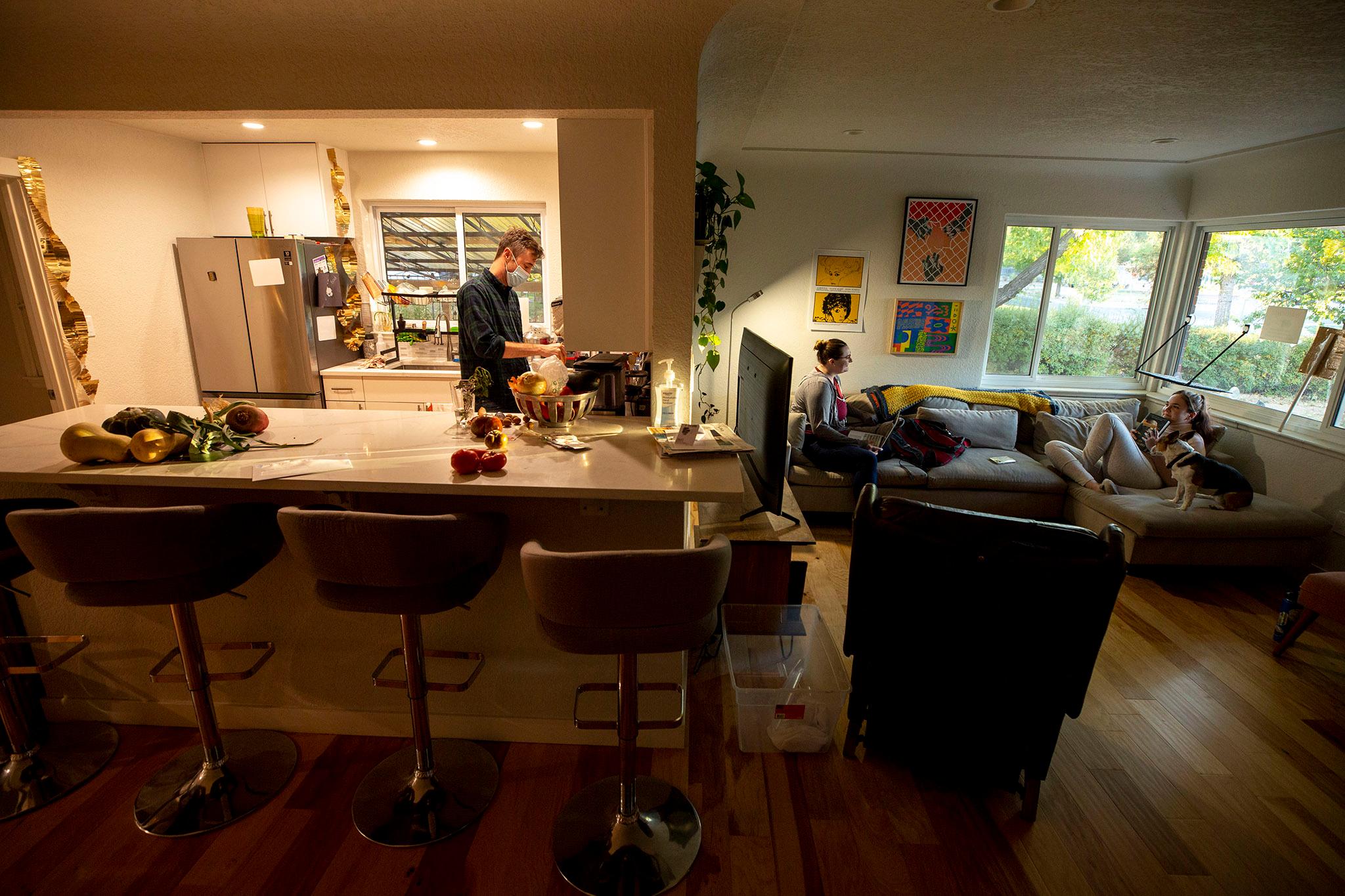As of 11:30 p.m., 68.26% of voters were against Referred Question 2F. In a press release, Safe and Sound, the group backing the initiative, conceded.
"We thank the thousands of Denver neighbors who recognized the need for course-correction and who worked hard to communicate the important details of the massive and complex ordinance," the release said. "In a rare show of true non-partisan cooperation, we were able to mount a historic response to the strong-arm, progressive administration of the Mayor and City Council."
Jack Teter, a local Denverite who's living arrangement would have been affected by the repeal, was thrilled by the preliminary results.
"We are so stoked that Denver voters had the good sense to reject this offensive, discriminatory initiative," Teter said. "What a huge relief to know that our family can legally continue living together."
With 81,420 votes counted, 55,574 have voted against repealing the amendment, while 25,846 Denverites have voted for the repeal.
The Group Living Text Amendment, which was was passed by City Council in an 11-2 vote in February, updated the zoning code to allow for five unrelated adults to legally live together in a single home, up from two. The update also made it easier to build residential care facilities, such as halfway houses, sober-living residences and homeless shelters, in more areas of Denver, whereas previous facilities were zoned for industrial areas on the fringes of minority communities. The amendment does not, however, allow for these facilities to be built in residential areas where only single-family, duplex and row house homes are built.
The amendment was the result of a three year-long process of research, revisions and public discussions. It was repeatedly tinkered with to address community concerns, such as parking limitations (one per adult and one extra) and spacing restrictions between residential care facilities, which are limited per neighborhood.
Community Planning and Development said the goal of the change was to "address the housing needs of all Denverites" and "to reframe how we look at all group living."
Safe and Sound Denver, a local organization that formed to challenge the amendment in 2020, aims to repeal the amendment with its ballot measure.
Safe and Sound argues that city officials did not actively engage with community members regarding the amendment. Members question why an amendment with several factors passed during the height of the pandemic. They've also voiced concerns that the amendment negatively impacts the quality of life in neighborhoods and their overall character. The group has said an increase in roommates and residential care facilities will overpopulate areas and increase trash and parking difficulties.
A "yes" vote on 2F would make it illegal for three or more unrelated adults to live together in a single-family home. Stricter zoning limitations on residential care facility placements would return, as well. A "no" vote would keep the Group Living Amendment in place, meaning five unrelated adults could remain in a single-family home and there would be less restrictions on care facilities.
Opponents of 2F include Keep Denver Housed, a coalition of organizations, elected officials and community leaders. They say the repeal would cause further displacement in the city. They also argue that the previous zoning law was outdated and rooted in racism.
Election results are not final until they've been certified, days or sometimes weeks after Election Day. The Associated Press is not calling races in Colorado this year, and Denverite doesn't call races. We will report vote tallies as they are counted and reported by the Denver Elections, and we will report if a group supporting or opposing a ballot measure concedes defeat.












